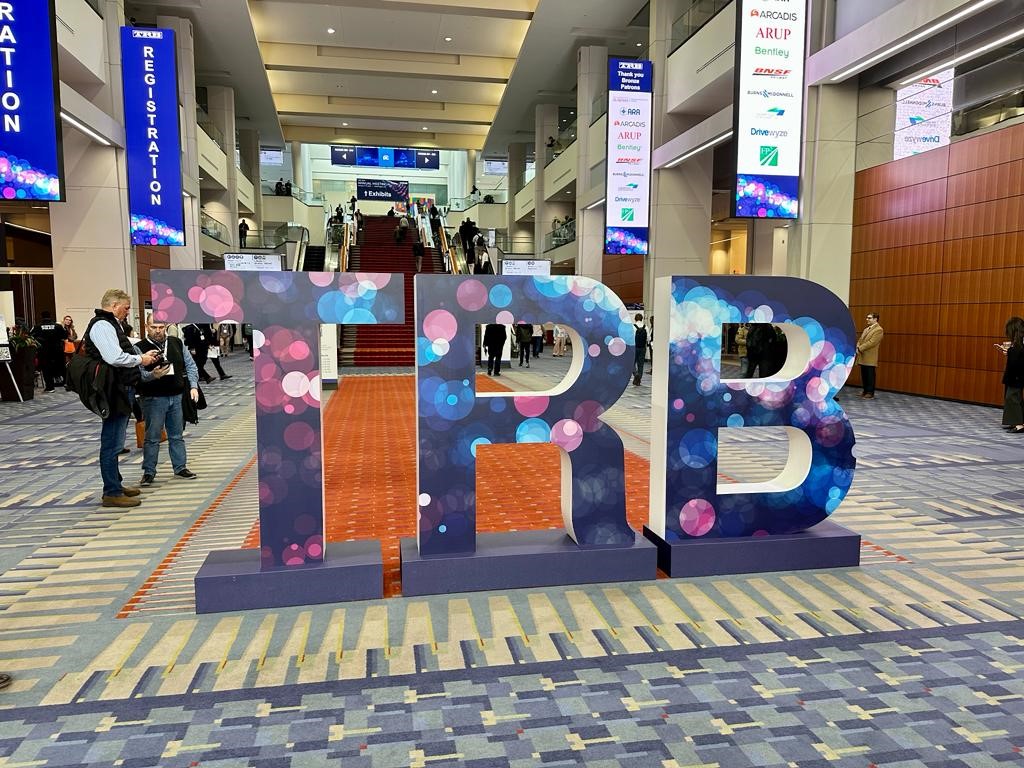The winner of the Vehicle Routing and Logistics Optimisation (VeRoLog) Solver’s Challenge was announced by
The competition was initiated by PTV Group and the Association of the European Operational Research Societies (Euro) Working Group on VeRoLog, with the aim of solving a specific transport planning problem derived from practice.
Sixteen teams from Europe, India, South America and Africa participated in this year's challenge. First prize was won by Professor Dr Martin J. Geiger, University of the Federal Armed Forces in Hamburg, head of the Department of Business Administration. In addition to the Solver trophy, the winner also received a prize of US$1,000. Second prize winner was Abdelghani Bekrar from France.
The VeRoLog Working Group deals with numerous transport planning and logistics optimisation issues. It consists of 1,000 members worldwide and is a part of Euro (Association of the European Operational Research Societies).
The competition saw 16 teams tackle the challenge of solving a specific route planning problem related to coach tours, Coach Trip with Shuttle Service Problems (CTSSP), suggested by PTV.
The task was to find a solution that allowed passengers to get from different stops to a central point for a coach trip by taking multiple restrictions into account, in a way that was the most efficient for both coach operators and passengers. The most challenging task was to deploy the coaches and a number of different vehicles for shuttle services as efficiently as possible in order to ensure optimum passenger pick-up. This involved complex trip structures which had not yet been modelled as part of standard approaches or which are not yet computable.
According to the Professor Geiger, many logistics planning issues have not yet been solved satisfactorily. New developments, such as the inclusion of existing road networks, a real-time solution for larger instances and the integration of complex, practically applicable restraints, would make it necessary to search for, implement and test new innovative algorithms.
Geiger said: "Our contribution related to the optimisation problem proved to be successful. In addition to new data structures that are completely adjusted to the optimisation issue, we were able to present an approach which also solves major instances satisfactorily."
2015 VeRoLog Solver Challenge winner named
The winner of the Vehicle Routing and Logistics Optimisation (VeRoLog) Solver’s Challenge was announced by PTV Group announced at the 2015 VeRoLog conference in Vienna.
The competition was initiated by PTV Group and the Association of the European Operational Research Societies (Euro) Working Group on VeRoLog, with the aim of solving a specific transport planning problem derived from practice. Sixteen teams from Europe, India, South America and Africa participated in this year's challenge. First prize was









